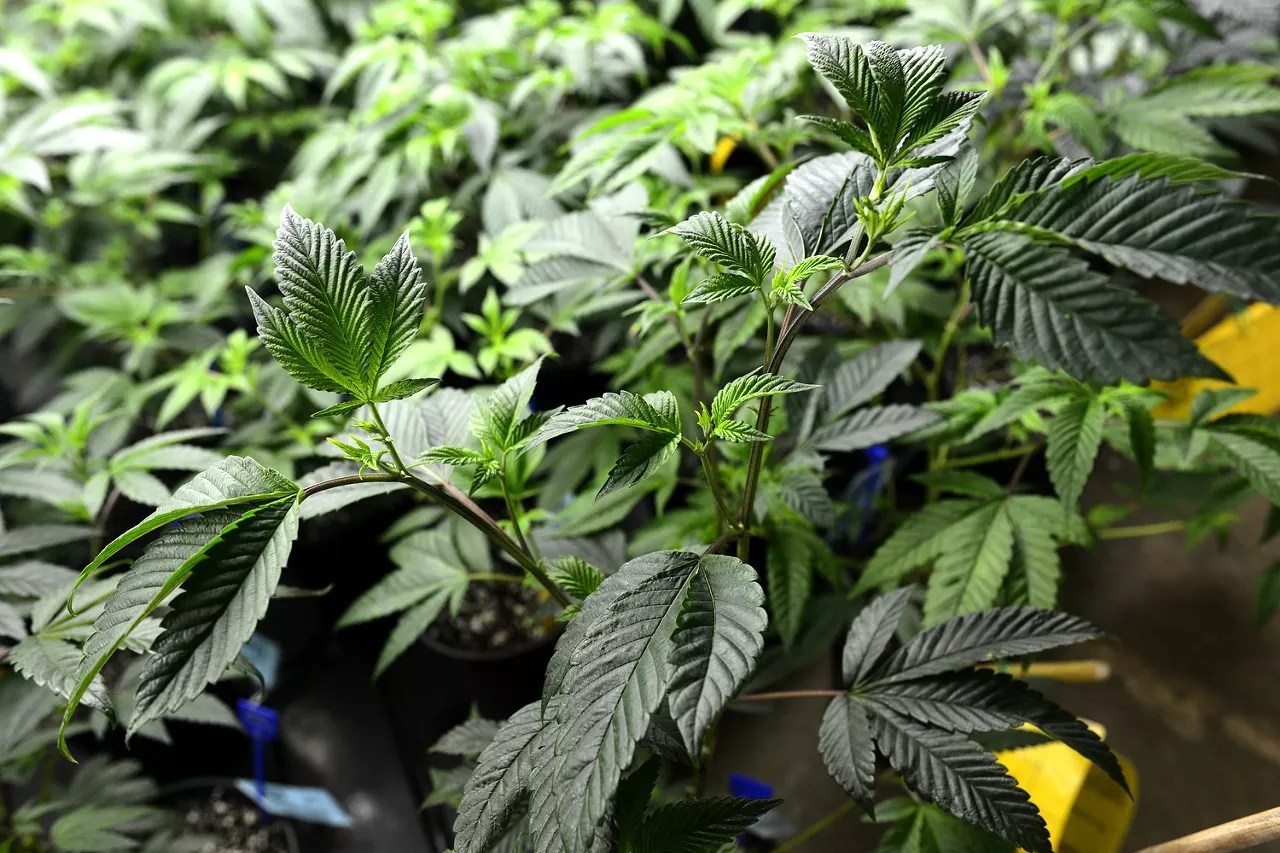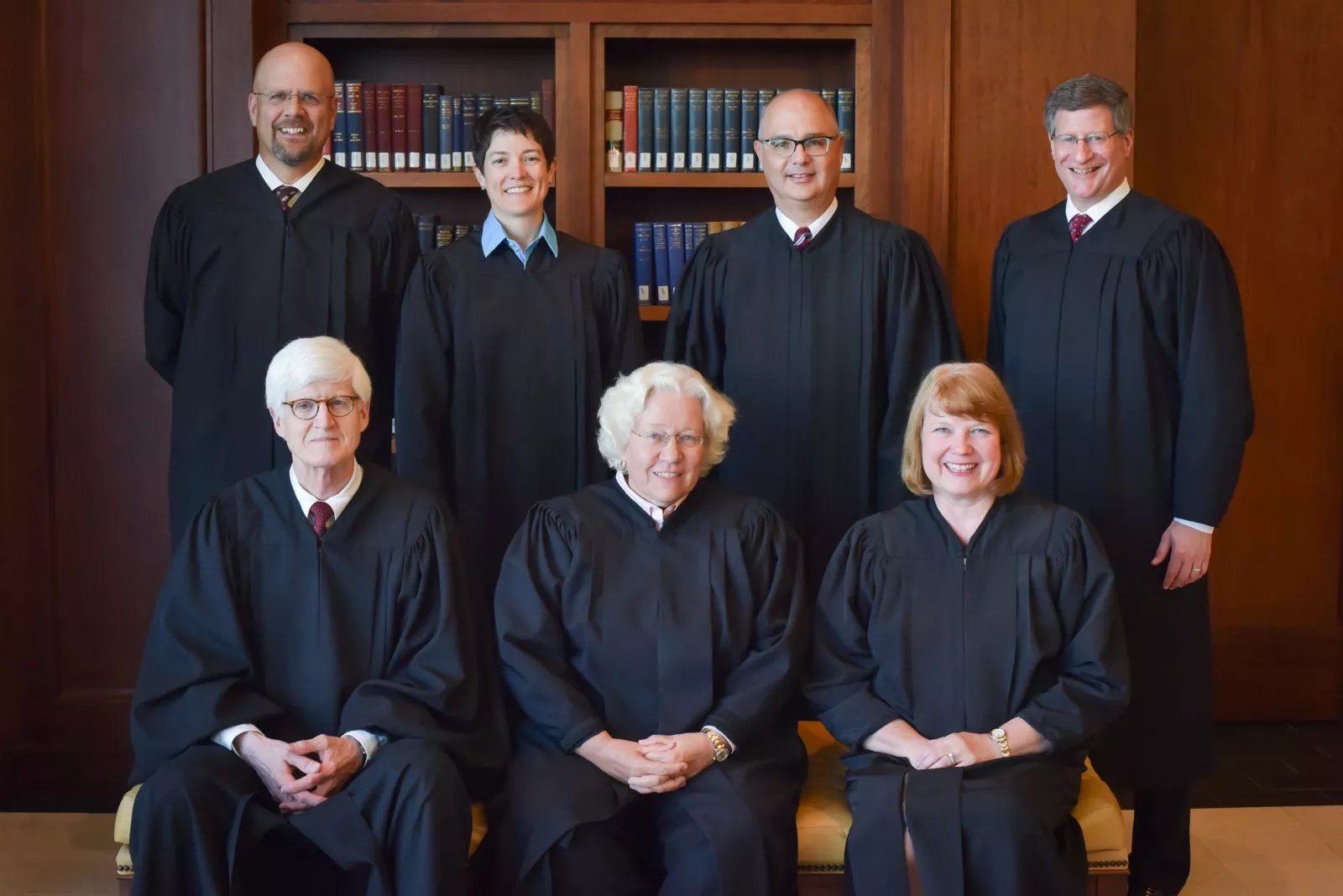
Scott Lentz

Audio By Carbonatix
For the past four years, any time local police seized cannabis in a criminal investigation, they’ve been required to care for it, either by keeping the plants alive or by returning the marijuana in a usable form to the owner. That’s no longer the case.
On January 23, the Colorado Supreme Court ruled that requiring police to store marijuana in evidence is in violation of federal law. The court issued its opinion in the case of the People v. Robert Crouse.
Crouse, a medical marijuana patient, was arrested on May 5, 2011, on charges of cultivation and possession of marijuana after police seized 55 marijuana plants and about 2.9 kilograms of marijuana product from his home. He was charged with a felony count of cultivating more than thirty marijuana plants. Crouse asserted that he was in lawful possession of the cannabis for medical purposes, and a jury acquitted him of marijuana-related drug crimes.
After his trial, Crouse asked the court to order police to return the seized marijuana plants and, in December 2013, a district judge ruled in his favor because Colorado state law says that upon acquittal, marijuana “shall be returned immediately.”

The Colorado Supreme Court.
Colorado Judicial Branch
On Monday, however, Colorado Supreme Court Judge Allison Eid wrote that whenever officers return marijuana, it’s forcing them to be “distributors,” which is a federal crime.
Last September, Eid was one of 21 candidates named by President Donald Trump as a potential U.S. Supreme Court nominee.
“The return provision requires law enforcement officers to return, or distribute, marijuana,” she wrote in the decision. “Thus compliance with the return provision necessarily requires law enforcement officers to violate federal law.”
Three justices dissented, saying the Controlled Substances Act “immunizes federal and state officers from civil and criminal liability in the circumstances at issue here.” Colorado Supreme Court Judge Richard Gabriel, who wrote a dissenting opinion, said he believes it’s possible to comply with both the Controlled Substances Act and Colorado state law. Justice Gabriel was joined by Chief Justice Nancy Rice and Justice William Hood in the dissent.
Under article XVIII, section 14(2)(e) of the Colorado Constitution, law enforcement officers are required to return medical marijuana once the individual is acquitted of a state drug charge. But for now, at least, it looks like federal law will trump state law.